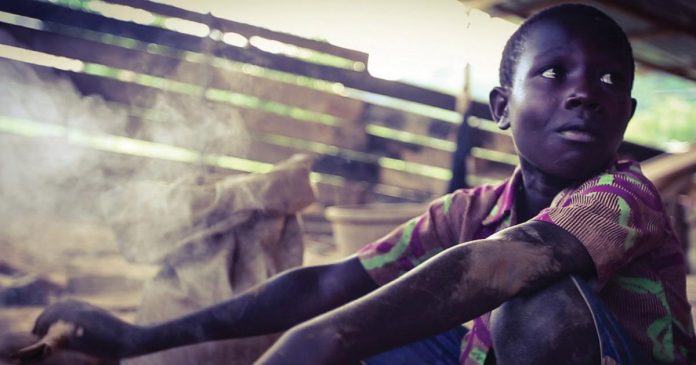|
Getting your Trinity Audio player ready...
|
The Center for Democratic Development (CDD) Ghana has expressed grave concerns over the agonising conditions at the country’s juvenile correctional centers with a call for immediate reforms to protect rights of young offenders.
In 2003, Ghana’s 4th Parliament of the 4th Republic passed the Juvenile Justice Act, 2003 (Act 653) with the aim to provide for an alternative criminal justice system to protect the rights of children in conflict with the law.
The law further sought to provide for younger offenders in accordance with international standards based on the United Nations Convention on the Rights of the Child (UNCRC) and the United Nations Standard Minimum Rules for the administration of Juvenile Justice. The Correctional Centers that currently exist in Ghana were established in 1947– before the passing of Act 653 – to “reform, rehabilitate and reintegrate” the country’s young offenders through a series of moral and vocational training.
As at August 2018, the Senior Correctional Center (formerly known as the Borstal Institute), which is the only functional male juvenile reformatory unit in the country, housed 230 boys from all over the regions. The Girls Correctional Center – the only senior correctional center for girls in Ghana – has nine inmates.
These correctional centers, which are required to offer skills training and appropriate education to young offenders, are consistently faced with low budget allocation, poor training facilities, outdated equipment, and other resource constraints. Also of major concern is the lack of the very-much-needed stationed physicians and clinical psychologists at the correction centers. These account, in part, for the difficulties associated with reintegrating the youth offenders back into society and the hardships and disillusionment the youth face which often fuel recidivism.
In a statement Thursday, the CDD said it is “very much concerned that senior correctional centers have been neglected and that the Ghana Prisons Service and the Department of Social Welfare struggle to manage these juveniles amidst the highlighted challenges.”
In line with the UN Convention of the Child, Article 3 (1) which indicates that “in all actions concerning children, whether undertaken by public or private social welfare institutions, courts of law, administrative authorities or legislative bodies, the best interests of the child shall be a primary consideration,” the Center reminded government and major stakeholders of its obligations to respect and uphold the fundamental human rights of all citizens, including juveniles who may be in conflict with the law.
It therefore, called on the government as a matter of urgency to pay serious attention to the correctional centers that play a key role in the reformation of these young offenders, recommending some actions to strengthen and enhance senior correctional centers in the country to avert the breeding of juvenile criminals including; adequate resourcing for the Senior Correctional Centers, building Senior Correctional Centers in all the regional capitals to prevent juveniles from being sent to adult prisons, provide stationed physicians and clinical psychologists to the Senior Correctional Centers among others.
Source: Daily Mail Gh Staff





